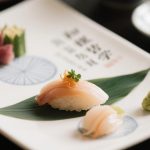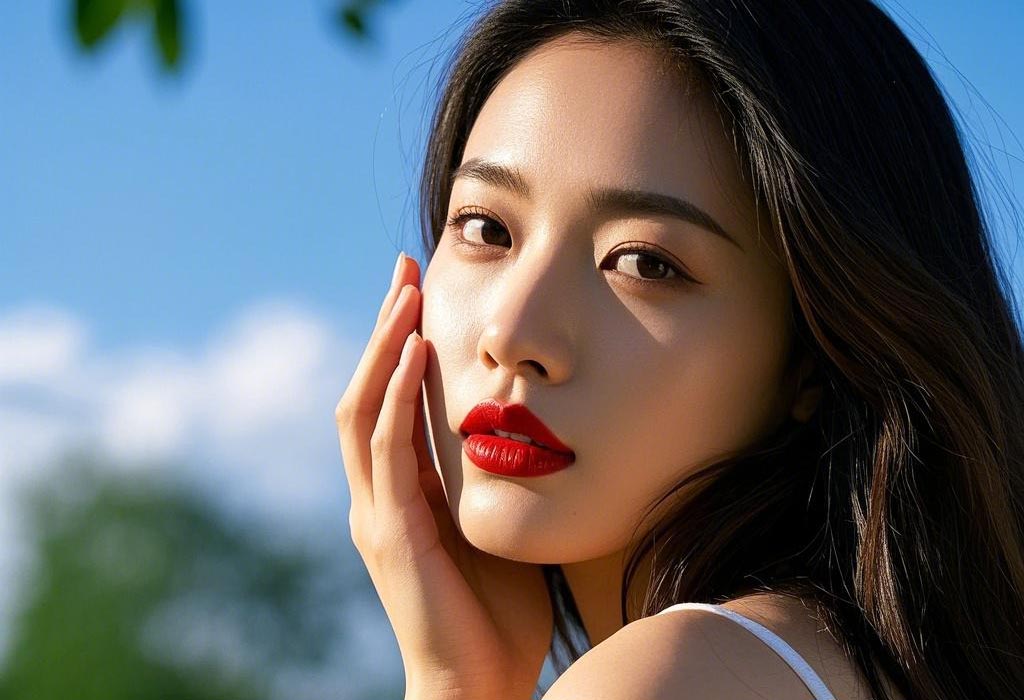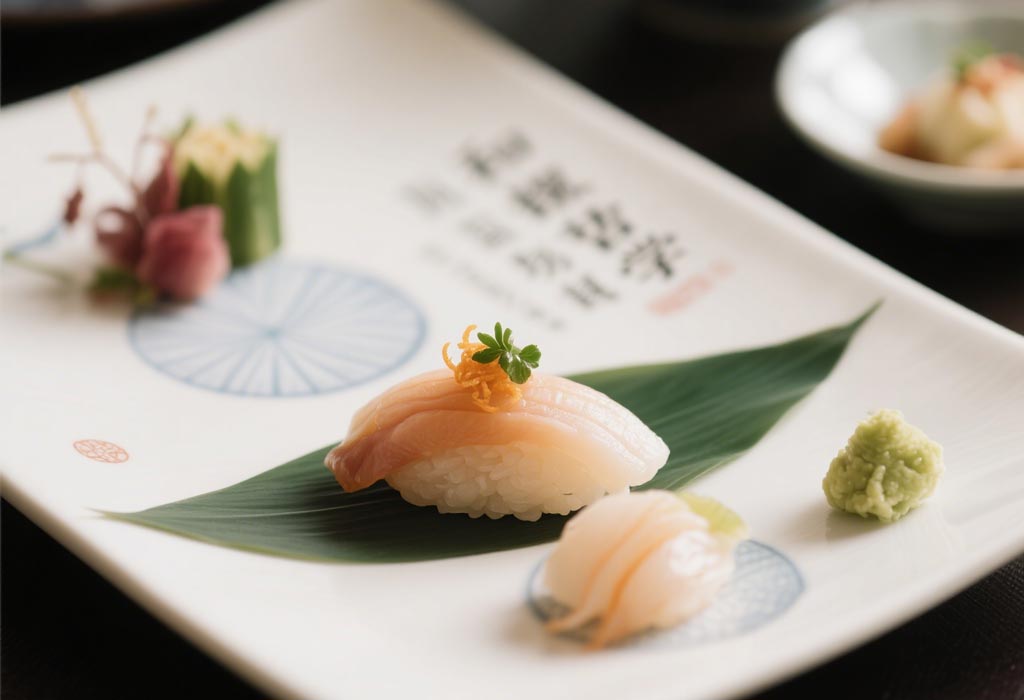The Algorithm Paradox: Beauty Standards in TikTok’s Era
When 19-year-old creator Elyse Myers gained 5 million followers by showcasing acne scars under studio lights, she ignited a digital revolution challenging AI-powered beauty filters. This shift represents a new frontier where 63% of Gen Z women now actively reject “Instagram Face” aesthetics, according to a 2023 Pew Research study. The modern beauty revolution isn’t about rebellion – it’s about reclamation.
I. The New Beauty Economy: From Cosmetics to Cognitive Shifts
The $580 billion beauty industry faces unprecedented transformation:
| Traditional Model | Emerging Trend |
|---|---|
| Anti-aging serums | “Pro-aging” campaigns (Olay’s 35% sales boost) |
| Universal shade ranges | Hyper-customized AI skin analysis (SEEK’s 98% accuracy) |
| Influencer marketing | User-generated “Skin Positivity” content (14B TikTok views) |
South Korean beauty giant AmorePacific reported 27% revenue decline in foundation sales as consumers shift to skin-first approaches. Meanwhile, dermatologist TikTok accounts like @Doctorly gained 4.3 million followers advocating “bare face confidence.”
II. Cultural Archetypes Reborn
Global beauty narratives are being rewritten:
- Middle East: UAE’s “Modest Glamour” movement (+41% halal cosmetics growth) blends hijab styles with bold eye art
- Africa: Nigeria’s “Lagos Natural Hair Revolution” decreased relaxer sales by 63% since 2020
- Europe: France’s “Botox Pause” law banning under-18 cosmetic procedures sparks global debate
The most significant disruption comes from China’s “Guochao” trend – sales of traditional Hanfu makeup sets surged 890% during 2023’s Double Eleven festival, proving cultural heritage is the new status symbol.
III. Beauty Tech’s Ethical Frontier
Emerging technologies create new dilemmas:
- 3D Makeup Printers: Precieux’s device prints personalized foundation in 8 seconds (FDA-approved 2024)
- Neural Beauty Filters: L’Oréal’s AI adapts makeup to emotional states (patent pending)
- Ethical AI Certification: New EU regulations require beauty apps to disclose retouching levels
Plastic surgeons report 35% decrease in teenage rhinoplasty requests as AR mirror apps satisfy temporary transformation desires. However, psychologists warn about “filter dysphoria” – 58% of women feel dissatisfied with unfiltered appearances according to Harvard’s digital wellness study.
Conclusion
The modern beauty paradigm has evolved from physical transformation to digital-physical integration. As Rihanna’s Fenty Beauty launches neurodiverse makeup lines for sensory-sensitive users, the industry finally acknowledges beauty as neurological experience rather than visual ideal. This cognitive shift positions 21st century beauty not as a standard to meet, but a language to personalize.

















